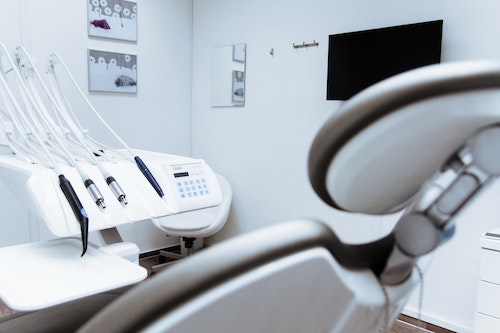
European Health Systems: Preparedness and Response Amidst Crisis
The outbreak of the COVID-19 pandemic has presented an unprecedented challenge to healthcare systems worldwide. European health systems, in particular, have been put to the test in terms of preparedness and response. In this blog post, we will examine the collective efforts of health professionals, policymakers, and concerned citizens in facing this crisis head-on.
The Importance of Preparedness
Preparedness plays a crucial role in effectively responding to a public health crisis. European health systems have long recognized this and have invested heavily in infrastructure, research, and planning to ensure readiness for any eventuality. This foresight has allowed health professionals to mobilize quickly and deploy critical resources when confronted with the threat of COVID-19.
Well-established surveillance systems across Europe enabled the early detection of the virus, allowing authorities to implement swift containment measures. Moreover, the robust research and development capabilities of European health systems facilitated the rapid development of diagnostic tests, treatment protocols, and ultimately, vaccines.
The Role of Health Professionals
Health professionals are at the forefront of the response to any health crisis. Throughout Europe, doctors, nurses, and other medical personnel have demonstrated unwavering dedication and resilience in the face of the pandemic. They have worked tirelessly, often under extreme pressure and with limited resources, to provide care to those in need.
The commitment of health professionals has been further evident in their willingness to adapt and embrace innovation. Telemedicine, for example, has played a crucial role in ensuring the continuity of care during periods of strict lockdowns and social distancing measures. Through virtual consultations, healthcare professionals have been able to evaluate, advise, and treat patients remotely, reducing the strain on overloaded healthcare facilities.
Policymakers and Their Decisive Actions
Effective pandemic response requires clear and coordinated action from policymakers. European governments have, for the most part, exhibited a commendable level of responsiveness and decisiveness in implementing measures to control the spread of the virus.
Policymakers have implemented nationwide lockdowns, enforced social distancing measures, and provided clear and consistent communication to the public. They have also focused on the expansion of testing and contact tracing capabilities, recognizing their importance in preventing the virus from overwhelming healthcare systems.
Additionally, European health systems have prioritized the protection and support of healthcare workers. Efforts to procure personal protective equipment (PPE), increase testing capacity for health professionals, and provide mental health resources have been crucial in maintaining the resilience of the healthcare workforce.
The Role of Concerned Citizens
The responsibility of responding to a public health crisis extends beyond the realm of health professionals and policymakers; concerned citizens also play a vital role. Throughout Europe, individuals have demonstrated a strong sense of social responsibility by adhering to guidelines, practicing good hygiene, and supporting vulnerable populations.
Moreover, citizens have shown solidarity with healthcare workers through various initiatives, such as applauding from windows and balconies and providing essential supplies. These acts of kindness and support have boosted the morale of frontline workers, reminding them that their efforts are valued and appreciated.
Challenges and Lessons Learned
While European health systems have showcased remarkable preparedness and response, challenges have undoubtedly emerged. The pandemic has exposed vulnerabilities, such as gaps in healthcare infrastructure, shortages of critical supplies, and the need for improved coordination between different countries and regions.
Moving forward, it is essential for policymakers and health professionals to address these challenges. Investments in healthcare infrastructure, increased stockpiling of essential supplies, and improved cross-border collaboration are essential for mitigating future risks and ensuring a swift and effective response.
Conclusion
The COVID-19 pandemic has posed an exceptional test for European health systems. Through a combination of preparedness, the dedication of health professionals, decisive policymaking, and the support of concerned citizens, European health systems have demonstrated resilience and effectiveness in their response.
Lessons learned from this crisis will undoubtedly shape future preparedness efforts. By addressing vulnerabilities and strengthening collaborations, European health systems can continue to adapt, enhance, and build on their existing foundations. This will enable them to face future challenges with confidence and ensure the health and well-being of their populations.



